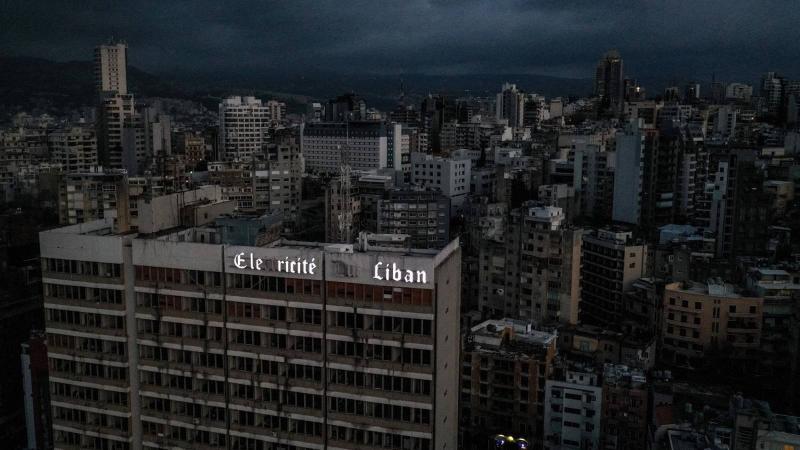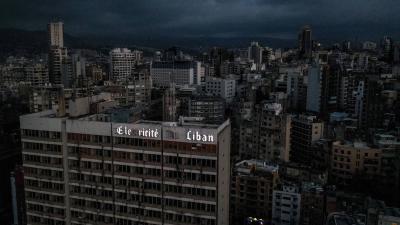Lebanon has entered a state of complete darkness since the beginning of July, prompting the Zahle Electric Company to implement a strict rationing program in Zahle city and 16 surrounding villages within its service area. The program closely resembles what was applied in the summer of 2021, but there is a significant difference in electricity bills, which have soared to multiple times the cost for citizens. In many areas of Bekaa, these bills have exceeded the monthly income of families, who now live in darkness even during hours of electricity availability.
These high bills led some youth to call for a protest in the Talabaya-Saadnayel area last week; however, it did not have a significant impact on public opinion, especially since everyone is now aware that the electricity bill in Zahle is tied to fuel prices and the exchange rate of the dollar. The soaring costs of both will continue to drive electricity bills higher unless citizens resort to self-rationing, which so far does not appear to be alleviating the pressure on household budgets already strained by daily living expenses.
Still, the Zahle Electric Company issued a statement urging citizens to make greater efforts for self-rationing, not only due to the difficulties in paying the bills—especially for those with limited incomes, who are the weakest link in the economy—but also to reduce the consumption of diesel fuel by the company. The statement also revealed that despite the rationing program implemented by the Zahle Electric Company, its power plant's consumption has exceeded 85% of the total energy distributed this month, a rise associated with increased energy consumption during the summer and extended rationing by the Electricité du Liban, creating an unprecedented consumption scenario the company hasn't seen in years, indicating a further rise in July bills.
The recent statement from the Zahle Electric Company sounds the alarm once more about the dire situation facing this sector that has been a distinguishing point for Zahle and a bright sign in the overall electricity landscape in Lebanon. It is important to note that electricity currently occupies a top priority on the agenda of all responsible parties in Zahle.
After Zahle's mayor, Assad Zghaib, invited the region's deputies to a development dialogue table to discuss the operational contract of the Zahle Electric Company, which ends at the year's close, the second meeting with deputies featured a discussion with the company's General Director, Assad Nakad. He outlined the challenges that the company faces and the current management's inability to continue solar energy initiatives without a long-term contract, which he demands to be at least ten years to allow for investment in alternative energy instead of relying entirely on diesel-powered generators. The company’s director hinted at possibly stepping down from his position unless the current unsustainable conditions are modified.
Additionally, the Zahle Electric Company is currently piloting a project initiated by MP Michel Daher in the town of Ferzol, financed by the residents and in collaboration with the company and the Ferzol municipality, covering 310 housing units with a fixed electricity price of no more than 400 LBP per kilowatt for at least 30 years.
In this context, the bishops of Zahle and Bekaa, during their recent meeting, called for resolving matters related to the next phase after the operational contract with the Lebanese state ends, emphasizing the need for appropriate solutions concerning solar energy or other options.
Zahle residents are apprehensive about the imminent need for incremental renewals of the current management contract of the Zahle Electric Company and the adverse effects of investment instability in this sector directly impacting their wallets. This particularly affects the tourism sector, stores, and factories, which, despite the Zahle Electric Company's acknowledgment of the residents' demand for increased supply hours, were also advised to rely on private generators, unlike other regions. This advice was unexpected, especially from a company that has long boasted about its ability to provide electricity 24/7.




